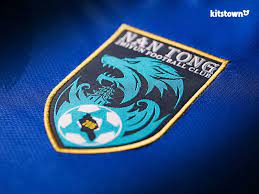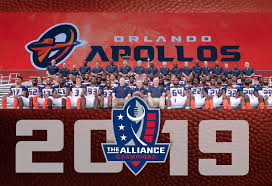
Ponte Preta FC
Ponte Preta FC is not just a football club; it’s a vital part of Brazil’s rich football culture. Known for its passionate supporters, historic moments, and resilient spirit, Ponte Preta has carved its name into the fabric of Brazilian football. This article explores the depths of Ponte Preta FC’s history, its notable achievements, and the passionate community that sustains it through thick and thin.
The Origins and Historical Journey of Ponte Preta FC
Understanding the roots of Ponte Preta FC provides invaluable insight into its identity and enduring legacy. Founded in the early 20th century, the club’s humble beginnings set the stage for its rise within Brazilian football Hi88.
The Founding Years and Early Days
Ponte Preta was established on August 11, 1900, making it one of the oldest football clubs in Brazil. It was born out of a desire among local residents to participate in the growing popularity of football in São Paulo. Originally, the club was formed by a group of students and workers who shared a common passion for the beautiful game.
In its initial decades, Ponte Preta played small local matches, gradually building a reputation for tenacity and teamwork. Despite limited resources, the club’s management fostered a culture of resilience, which remains core to its identity. Its early years also saw a commitment to community involvement, helping to cultivate a loyal local following.
The club’s early days were characterized by a fierce desire to compete and grow amid the dominance of larger clubs like Corinthians and Palmeiras. While it struggled for recognition initially, Ponte Preta’s consistent efforts laid a strong foundation that would support its future success. This period also marked the beginning of a fierce local rivalry, particularly with neighboring club Água Santa, which adds to the club’s local identity and competitive spirit.
Key Moments in the Historical Development
Throughout its history, Ponte Preta FC experienced significant turning points that defined its trajectory. The 1950s and 1960s, for instance, were dynamic decades where Ponte Preta began to make its mark nationally with notable victories and participation in top-flight leagues.
Historically, one of the pivotal moments was its performance in the Campeonato Paulista, where the team displayed remarkable resilience despite often being underestimated. These years saw the emergence of some legendary players who would become icons within the club’s legacy. The club’s growth was also driven by its supporters’ unwavering loyalty, creating an environment of passionate support even in challenging times.
Another key milestone was the club’s entrance into the national scene through the Taça Brasil and subsequent national tournaments, which showcased Ponte Preta’s competitive nature beyond its state borders. Although not always winning titles, the team’s consistent presence and occasionally surprising results helped cement its reputation as a resilient and competitive team.
The evolution of Ponte Preta FC also reflects broader changes in Brazilian football, including the professionalization of the sport domestically and increased media coverage. Its ability to adapt and maintain a dedicated fan base has been instrumental in navigating these shifts.
The Club’s Identity and Its Community Roots
Ponte Preta has always embodied a spirit of humility and perseverance. Unlike some clubs that rely heavily on commercial success or international star players, Ponte Preta’s essence is rooted in its community and local identity.
This connection is evident in how the club interacts with its supporters, who are often seen as an extension of the team itself. The nickname “Macaca” (which means “female monkey” in Portuguese) is a term of endearment and a symbol of the club’s playful yet resilient spirit. Its fans are known for their chant, passion, and unwavering devotion, reflective of São Paulo’s working-class roots.
The community involvement extends beyond the pitch. Ponte Preta’s social programs and engagement initiatives aim to uplift local neighborhoods and promote sports as a tool for social change. This symbiotic relationship between the club and its community is a major reason for its enduring relevance, Ponte Preta FC despite facing numerous challenges over the decades.



